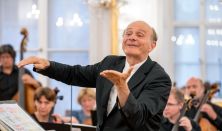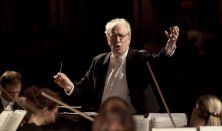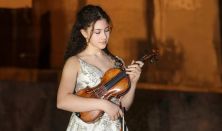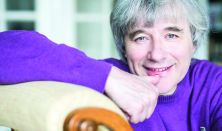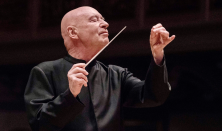Program
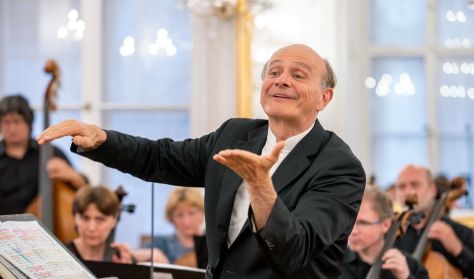
FACES OF BEETHOVEN - Beethoven / Gábor Takács-Nagy - E/2
The first evening of Gábor Takács-Nagy's Beethoven series begins with the King Stephen overture, with which the new Pest Theatre was inaugurated in 1812. Contemporary records attest to Beethoven's love and respect for the Hungarians, which he expressed by building the music of the overture from Hungarian recruitment melodies. With respect to Symphony No 1, critics point out that the influence of Haydn, the great predecessor and teacher, is still strongly apparent, along with a nostalgic reminiscence of his homeland, the Rhineland. more
Nincs aktuális előadás
Ön egy múltbeli eseményre keresett rá. Kérjük, válogasson aktuális kínálatunkból a Jegy.hu keresőjében!
Last event date: Friday, October 18 2024 7:00PM
PROGRAM
Beethoven: Symphony No. 1
Beethoven: Symphony No. 4.
CONDUCTOR
Our offer
Suggestions
Mirian Khukhunaishvili, Mariam Abouzahra
A Ránki-család hangversenye Takács-Nagy Gábor, Ránki Dezső, Ránki Fülöp, Klukon Edit
BARTÓK FUNDAMENTUM - Christoph Eschenbach MŰSOR Bartók: I. hegedűrapszódia, BB 94b Bartók: II. zongoraverseny, BB 101 Bartók: Concerto zenekarra, BB…
Warning! The basket time limit is about to expire!
item(s) in basket
total:
Time limit has expired. Please, put item(s) in to basket again.
